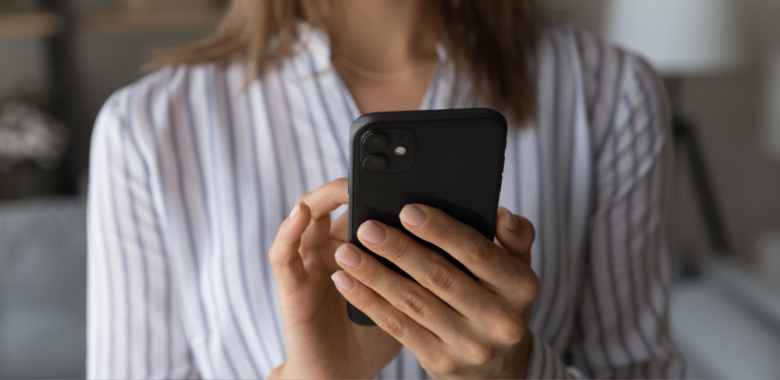With the news that cyber attackers used malware to steal millions from bank accounts across the world, banking security is more important than ever. According to the UK National Crime Agency, a recent spate of cybercrime attacks is estimated to have caused $100 million worth of losses globally.
The attackers used a malware known as Dridex, which registered user login details and circulated the information amongst criminal networks.
How can you stop yourself from becoming a victim of cybercrime and protect your hard-earned cash? Fortunately, there are some simple steps you can take to minimise the risks.
Be careful with attachments
Avoid opening emails purporting to be from your bank and containing an attachment, unless you’ve personally requested to be contacted in this way.
Banks do not ask for user information via email, so you should immediately quarantine and delete any message in your inbox requesting PIN or account numbers.
Periodically change your login
It sounds simple, but many people keep the same banking login details for years. Changing your username and password regularly means it’s more difficult for viruses such as Dridex to pass information that could be used to access your account.
Don’t use public Wi-Fi for online banking
There are some risks of using a public Wi-Fi hotspot and it’s unwise to conduct financial transactions when you’re on one. Criminals have been known to set up bogus public networks with plausible titles, and it can be possible for them to intercept your keystrokes and work out your passwords and passcodes.
If you absolutely have to complete a financial transaction on a public network, make sure you check that the webpage begins with ‘https’ and verify with a member of staff that the network you’re using is actually the location’s public Wi-Fi.
However, it’s definitely advisable to avoid handling your accounts on public networks.
Choose a bank with secure soft/hard token authentication
Two-factor authentication means there’s an extra layer of security for your bank account. Users are issued with a personal identification number (PIN) and their hard device is coded uniquely to identify the user to the service. Cleverly, the code changes quickly, often within minutes, meaning cyber attackers will find it difficult to access your login details, or at least to gain access to your funds.
When you’re choosing a bank, make sure you spare some time to conduct research into the security procedures they employ.
Taking the simple steps above should help to diminish the cybercrime risks posed by cyber attackers. It doesn’t take much time to make sure your hard-earned money is secure.



